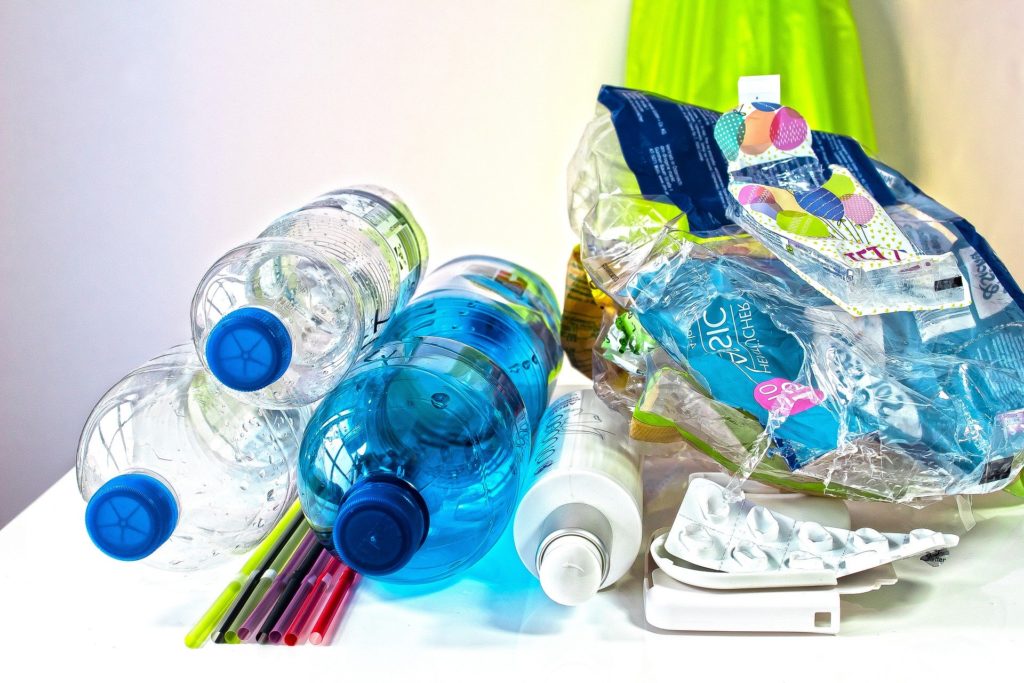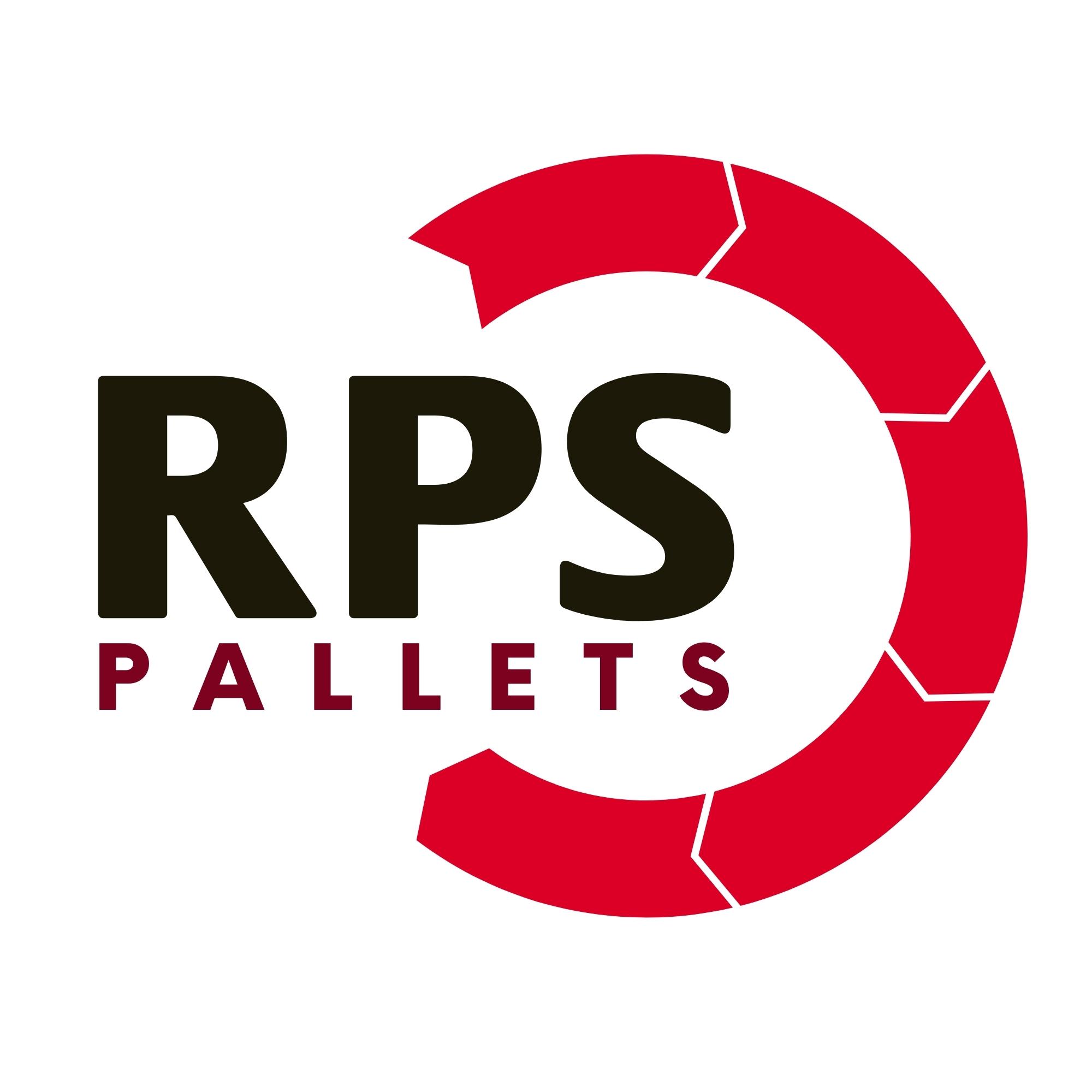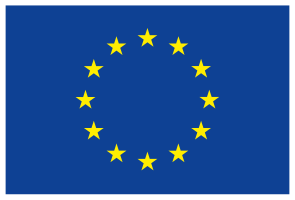As part of the UK Government’s commitment to reducing plastic packaging waste, moves are afoot to introduce changes to the Extended Producer Responsibility (EPR) by 2023. So, what does this mean?
First, a definition: EPR is a policy approach under which producers are given a responsibility – financial and/or physical – for the treatment or disposal of post-consumer products. In short, producers are asked to work on reducing such waste, rather than consumers being left to deal with it.

This is in part due to the fact that, as anyone responsible for their household’s rubbish knows, local authorities differ in their approach to kerbside recycling and what they will and won’t collect.
Refining the existing EPR obligations is seen as a way to improve the design of plastic packaging, aiding recycling and achieving consistency in kerbside collections.
Other initiatives also under consideration are potentially transferring the cost of the recycling process away from local councils and launching a communication campaign to encourage increased consumer participation in kerbside recycling.
However, while we welcome any initiatives to reduce plastic packaging and boost recycling, there are a number of considerations to bear in mind.
Firstly, the policy will need to apply to all businesses, no matter the size, although steps should be taken to minimise the administrative burden for smaller firms.
Secondly, the role of the consumer is still paramount, and continued encouragement and promotion of recycling needs to target the public.
It is also vital that the recyclability of all plastics is recognised and collected, to ensure consistency, and any changes to EPR policy should consider the need for monitoring and compliance.
Lastly, if kerbside collections continue to be the preserve of local councils, then they should have an obligation to collect recycling in the most efficient way, to ensure high consumer participation and a low level of contamination. Rewards and incentives could be used to achieve this.
What do you think of the proposed changes? Visit our LinkedIn company page or tweet us at @RPS_Limited to join the conversation.







